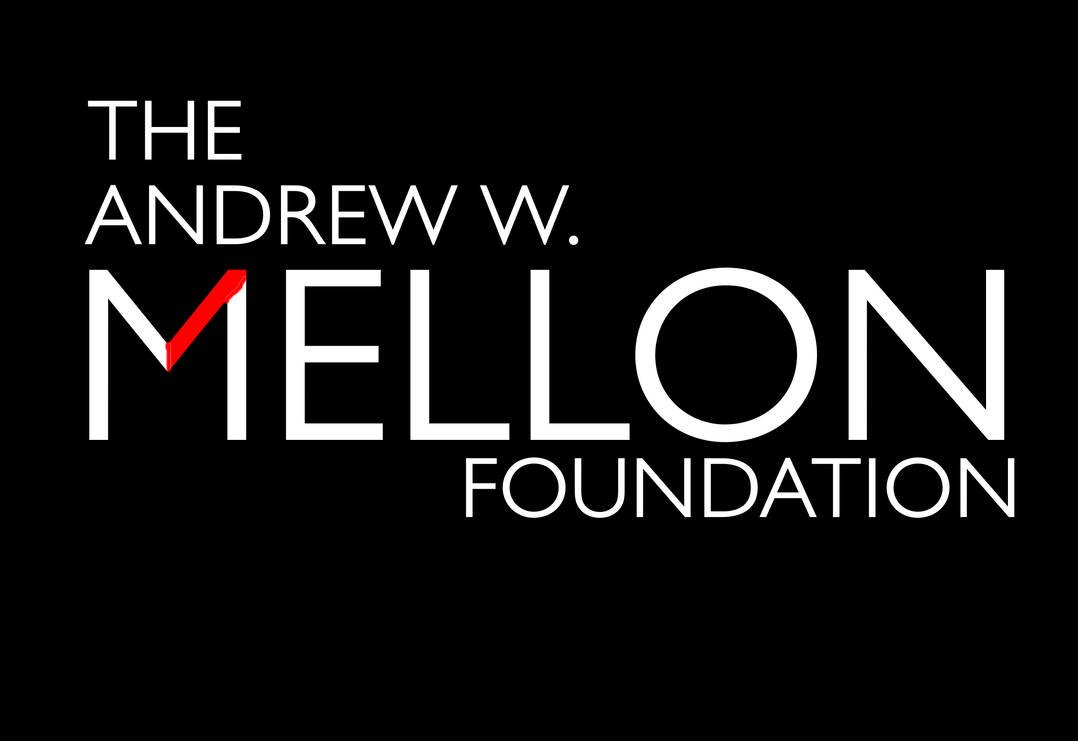
Grants & Fellowships
As principal investigator, submitting investigator, and co-investigator, Acampora has garnered nearly $6 million in funding from governmental agencies and foundations, and she has benefited from several fellowships in residence. Click the tiles below to learn more about her funded and sponsored efforts.
CUNY 2X
(2018) Developed successful proposal ($5 million awarded) for an initiative to double the number of Computer Science major graduates and develop innovative curricula, advising, internships, and industry partnerships to improve student outcomes and enhance the technology innovation ecosystem in New York City.
Mellon Public Humanities Scholars Program at Hunter College in Public Humanities & Social Justice
Submitting Principal Investigator for a $750,000 award (2018: 1806-05936) funding advanced research opportunities for undergraduate students with interests in public humanities. Public humanities research draws on humanistic disciplinary perspectives and tools in order to tackle pressing concerns in public life. Hunter’s program included the creation of an institutional framework to support high-level undergraduate research with a public humanities focus; development of a pipeline for graduate study in the public humanities; and mobilization of institutional resources, including existing faculty expertise and international acclaim, to become a convening authority on the value of the public humanities. The program subsequently evolved to have a social justice focus and was recently renewed.
NEH National Endowment for the Humanities
Moral Transformation, Injury, and Repair
2016-2018 (AV-248448-16; $90,594); Co-Principal Investigator; “The Experience of War: Moral Transformation, Injury, and Repair.” Created interdisciplinary public discussions and lecture series engaging veterans, their families, and non-veterans in dialogues about moral experiences in war and homecoming.
Click here to download a Keynote presentation summarizing the main activities. Included are video clips from the public events. To view them, click the images embedded in the slides.
Being Human & “The War on Terror”
While a Fellow in residence at Durham University’s Institute of Advanced Study in 2008, Acampora examined the political rhetoric of the “War on Terror” and the forms of opposition, or ways of being an enemy, it supposes. Political agonists view political contention and opposition as essential to the very possibility of the existence of the political sphere itself: agonistic pluralists because they believe that contention is the essence of democratic participation and conservative theorists because they believe it is essential to sovereign determination. Acampora’s work considers the disappearance of “the enemy” in the political rhetoric of the “war on terror” and how it is potentially disorienting for those engaged in military conflict.
Learn more about IAS.
Place-making & the Political
While a fellow at the CUNY Graduate Center’s Center for Place, Culture, and Politics (2005-2006), Acampora became acquainted with cultural geography and connections among places, political structures, and their possibilities for (as well as limitations on) forms of relations. The faculty and graduate student community influenced her two edited volumes on cultural productions of women of color and the ways in which creative activities can be exercises in political practice and resistance. The photo on this page is of Neil R. Smith, who directed the Center and fueled its intellectual fire. He is deeply missed.
Mellon Faculty Fellow in Interdisciplinary Science Studies
“Creativity, Evolution, Morality”
While a Mellon Faculty Fellow in residence (2011) in the Interdisciplinary Science Studies Seminar at the CUNY Graduate Center, Acampora explored intersections of evolutionary ethics and evolutionary aesthetics (often pursued separately). Her research focused mainly on contemporary theories of embodied cognition, conceptual blending, and psycholinguistics. Much of this work fueled graduate and undergraduate teaching in Aesthetics, and portions of this work made their way into two later publications, including one on Nietzsche and embodied cognition and another one that considered, in part, the role of mental modelling in inquiry and discovery.






